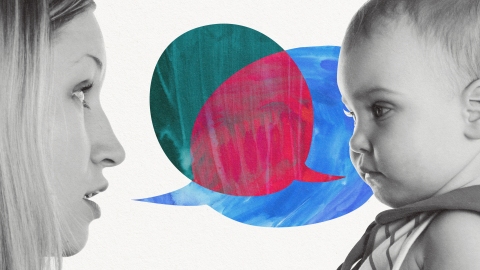
COPD – Chronic Obstructive Pulmonary Disease is a group of different progressive diseases of the lungs and takes a long time to develop. Chronic bronchitis and Emphysema are the most common health conditions in people suffering from COPD. Air sacs of the lungs get destroyed which interferes with outward flow of air when the person suffers from Emphysema. Bronchitis causes bronchial tubes to narrow down, inflammation, building up of mucus and difficulty in breathing.
Smoking is the main cause of COPD. Exposure to chemical irritants over the long term can also lead to COPD. Second hand smoke, pipe smoke, cigar smoke and cigarette smoke can cause COPD. If the person has asthma and smokes, the risk of disease becomes even greater. Inhaling dust and exposure to air pollution over a long term can also cause COPD. Some genetic factors are also at play.
At first symptoms are mild, beginning with cough, need to clear the throat often and shortness of breath. Breathing becomes increasingly difficult as the disease progresses. Tightness in the chest, wheezing, flaring-up of severe symptoms and exacerbations are also experienced by some people.
As lungs get damaged, the symptoms can worsen progressively and become difficult to ignore. Even mild physical activity like walking up the stairs can cause shortness of breath. Besides this the person experiences noisy breathing, wheezing and tightness in the chest, chronic coughing and lack of energy. In later stage of COPD, symptoms like swelling on the legs, ankles and feet, fatigue and weight loss is experienced. If lips or fingernails turn gray or bluish, it indicates that oxygen level in the blood is low which makes it difficult to catch breath and difficulty in talking. The heart races and the person feels faint, muddled and confused. If the person is a regular smoker then symptoms are likely to worsen.
Diagnosis of COPD involves tests to check functioning of lungs, physical examination, arterial blood test, blood tests and imaging tests.
Respiratory therapists, physical therapists and lung specialists make the healthcare team for treating COPD. COPD has no cure however chances of complications and symptoms can be eased out with treatment. Different forms of treatment include bronchodilators, glucocorticosteriods, oxygen therapy, medications, lung transplant and surgery. If COPD is not treated properly then it could lead to worsening of infection in the respiratory system and heart problems. Subtle changes can be made like skipping physical activities and avoiding climbing up stairs.






